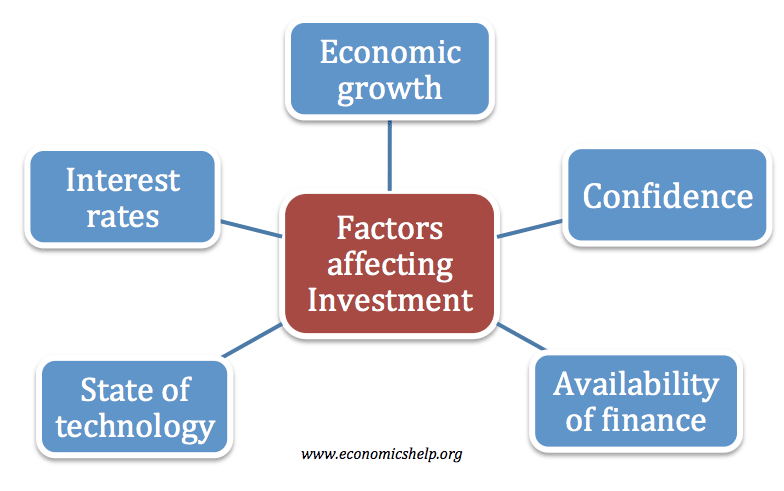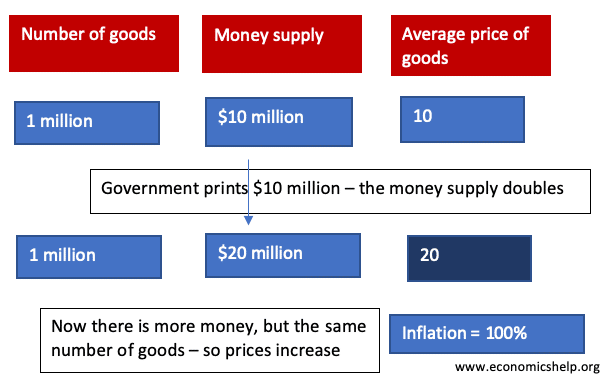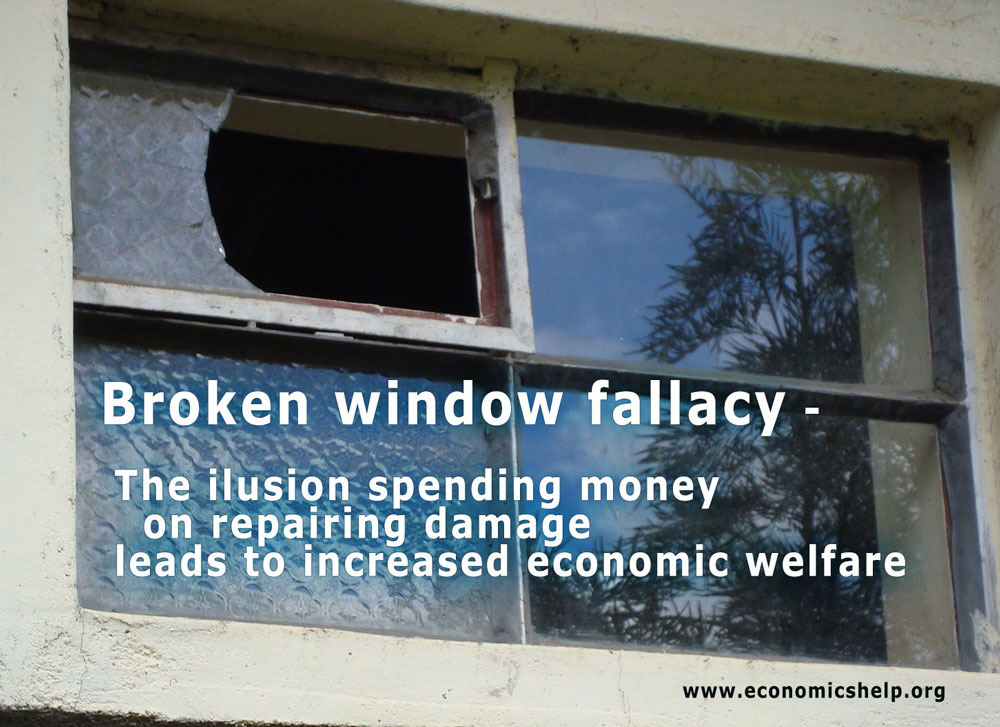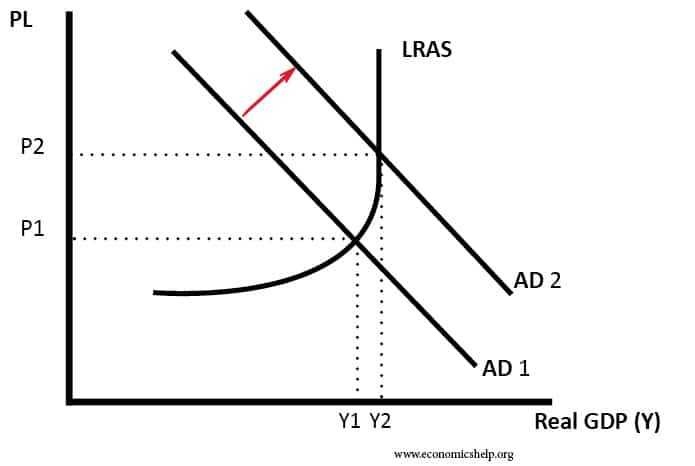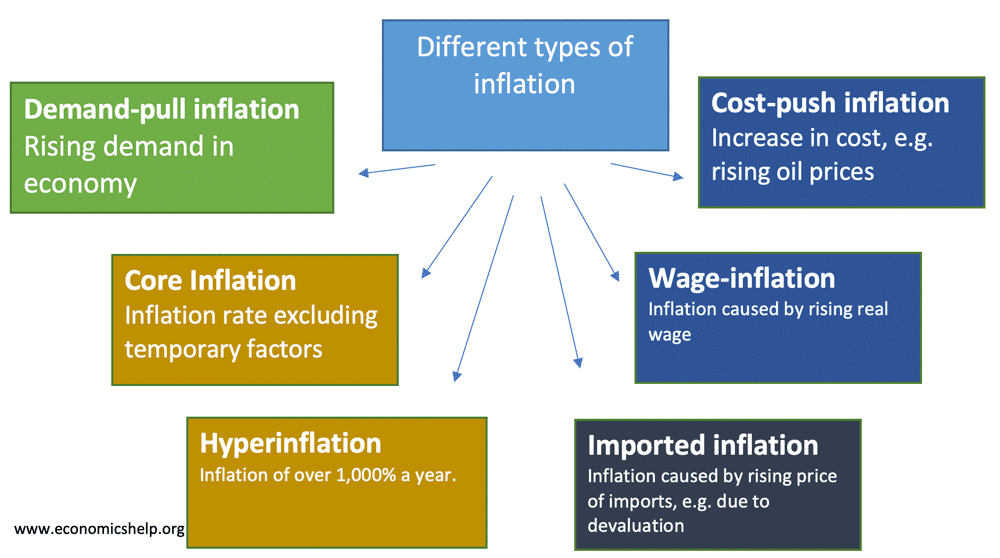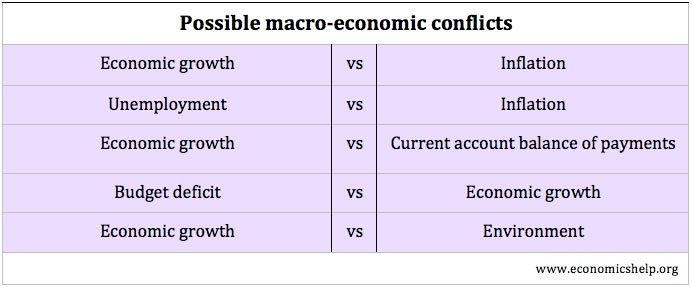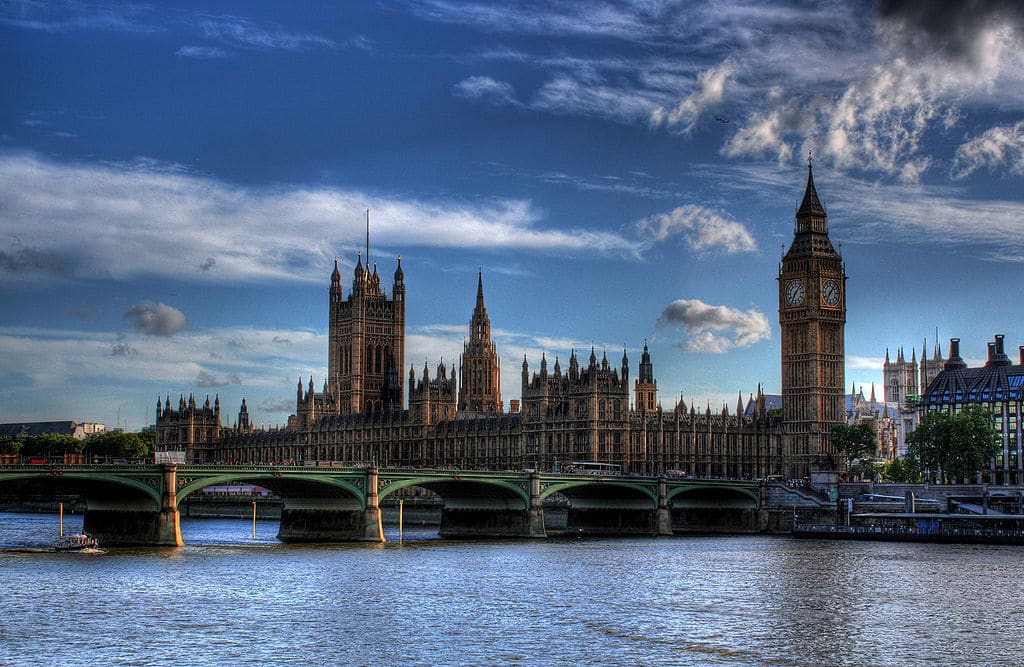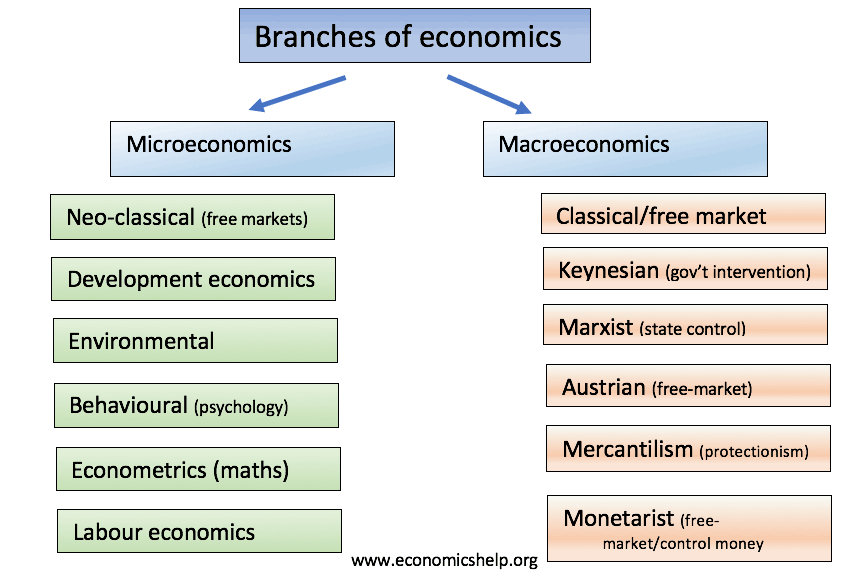Factors affecting investment
Investment is expenditure on capital goods – for example, new machines, offices, new technology. Investment is a component of Aggregate Demand (AD) and also influences the capital stock and productive capacity of the economy (long-run aggregate supply) Summary – Investment levels are influenced by: Interest rates (the cost of borrowing) Economic growth (changes in demand) Confidence/expectations …

